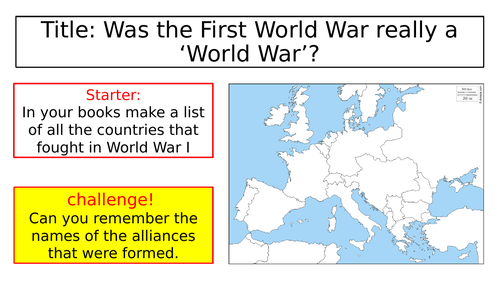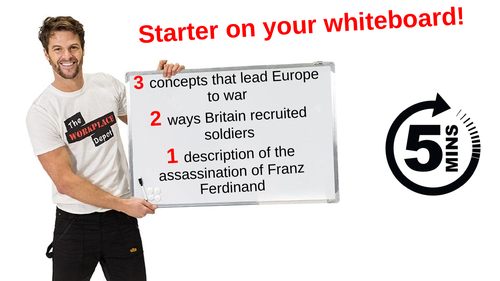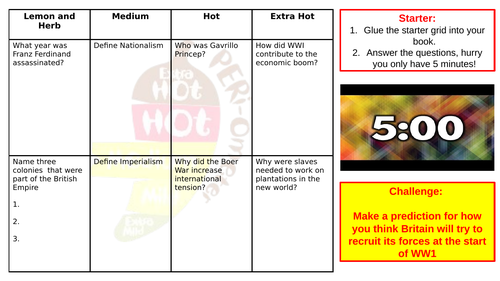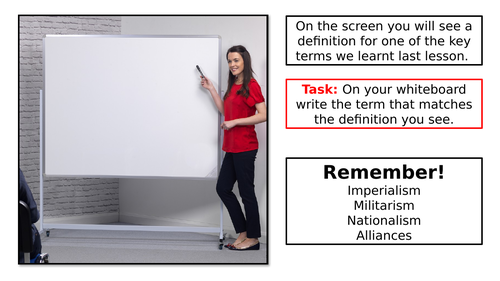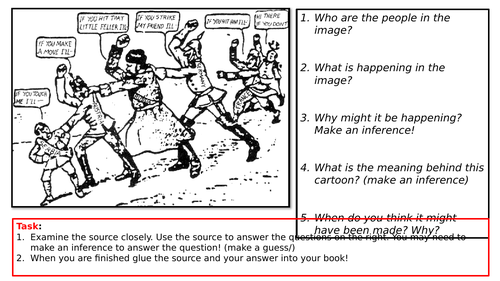MrBeetles's Shop
Hi all, I am a third year humanities teacher at a large school and college in the North West of England. My main subjects are history in KS3/KS4 and Law and Government and Politics at A-Level. Please feel free to leave a review on any lessons that you choose!















